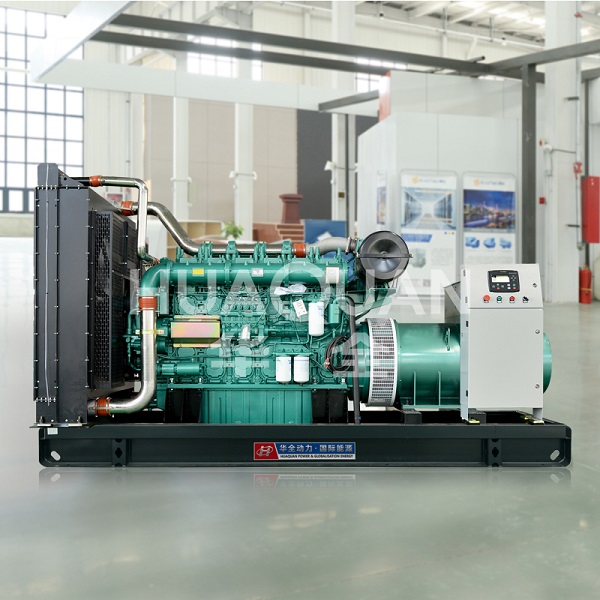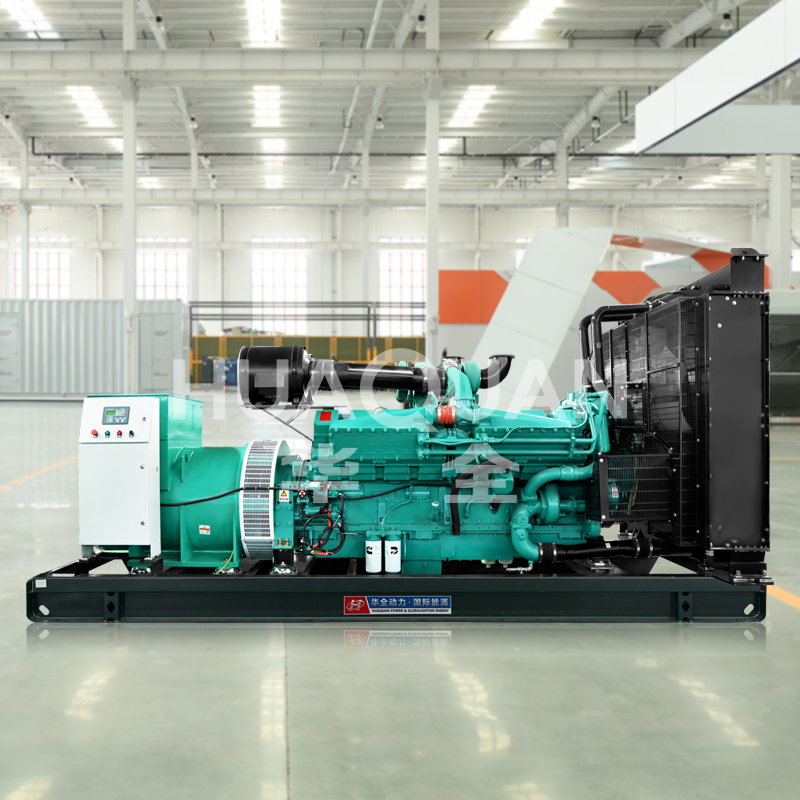Proper moisture protection is critical for maintaining the performance and longevity of extra large generator sets, particularly in humid or coastal environments. These high-capacity power systems require specialized anti-humidity measures due to their complex electrical and mechanical components.
Enclosure selection forms the first line of defense for extra large generator sets. Weatherproof housings with proper ventilation should include moisture barriers and drainage systems. For permanent installations, climate-controlled generator rooms with dehumidification systems provide optimal protection against condensation.
Electrical component protection demands special attention in extra large generator sets. All connections and terminals should be treated with anti-corrosion compounds, while control panels require sealed enclosures with desiccant breathers. Regular insulation resistance testing helps identify early signs of moisture damage in windings and cables.
Fuel system maintenance plays a crucial role in moisture prevention for extra large generator sets. Fuel tanks should incorporate water-separating filters and regular draining procedures. Using biocidal additives helps prevent microbial growth in diesel caused by water contamination.
Operational practices significantly impact moisture control. Periodic exercise runs help evaporate accumulated moisture in extra large generator sets, especially during prolonged standby periods. Post-operation cooldown procedures should include proper ventilation to prevent condensation formation.
Storage solutions for spare parts and backup components should mirror the moisture protection standards of the main extra large generator set. Silica gel packs and vapor barriers in storage areas prevent corrosion of critical replacement parts.
By implementing these comprehensive moisture prevention strategies, operators can ensure their extra large generator set maintains peak performance while avoiding costly moisture-related damage and downtime.








